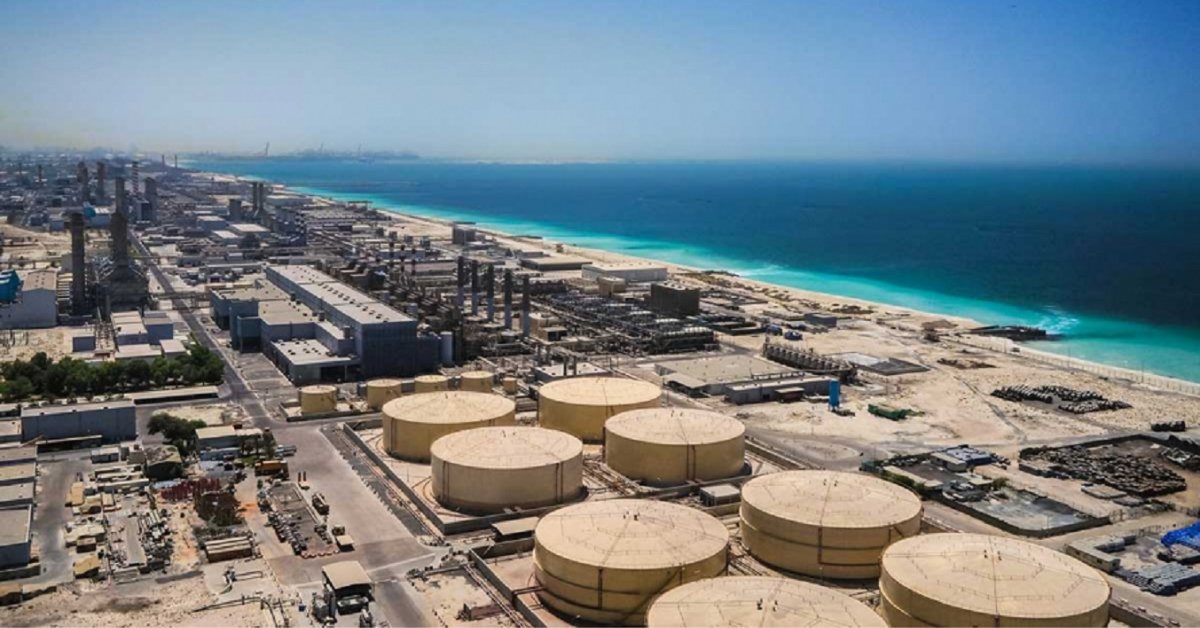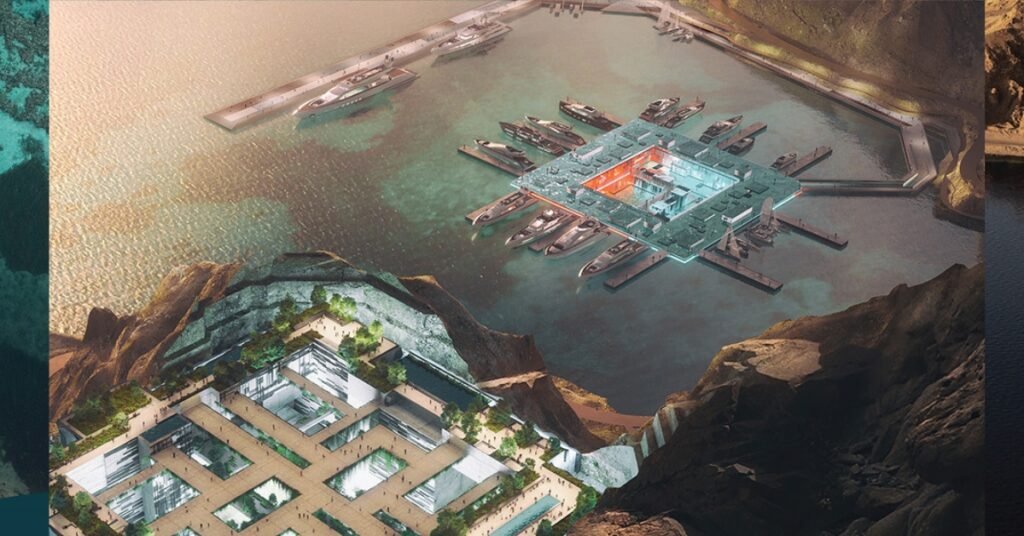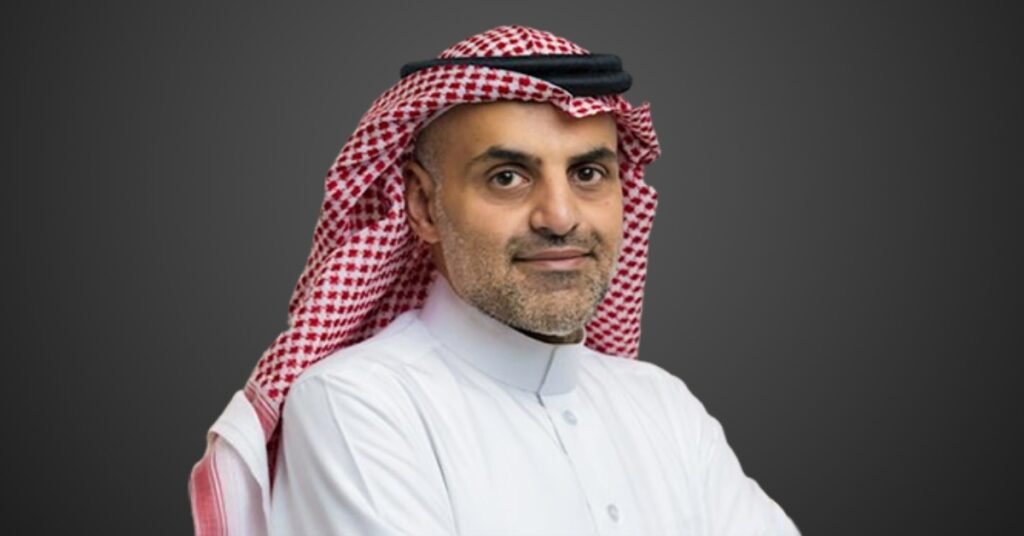Project cancellation of Neom’s zero liquid discharge plant due to evolving water needs. Discover key details, investments, and plans.
Table of Contents
Neom’s Ambitious Desalination Plant Project Cancelled
The joint development agreement (JDA) for a project aimed at developing a zero liquid discharge plant in Saudi Arabia’s Neom has expired without renewal, leading to the project’s cancellation, according to sources familiar with the situation.
Key Details of the Project
A consortium comprising Neom subsidiary Enowa, Japan’s Itochu, and France’s Veolia signed the JDA in December 2022.
This agreement came approximately six months after they signed a memorandum of understanding to develop the renewable-energy-powered advanced seawater reverse osmosis project in Oxagon, Neom’s industrial cluster.
The proposed plant was expected to deliver up to 2 million cubic metres of desalinated water per day (cm/d) to Neom upon completion, which would have met about 30% of the gigaproject’s anticipated total water demand.
The project was projected to require a total investment of $1.5 billion to $2 billion.
Project Timeline and Investment
The developer team initially indicated that 2025 was the target commercial operation date for the project’s first phase, which was understood to have a capacity of 500,000 cm/d.
| Aspect | Details |
|---|---|
| Agreement Date | December 2022 |
| Initial Operation Date | 2025 (for first phase) |
| Desalination Capacity | 2 million cm/d |
| First Phase Capacity | 500,000 cm/d |
| Investment Range | $1.5 billion – $2 billion |
| Consortium Members | Enowa, Itochu, Veolia |
| Project Location | Oxagon, Neom’s industrial cluster |
Reasons for Cancellation
In a statement to MEED, Enowa explained that Neom’s water requirements have evolved over the past year, leading to a “stepwise approach to expanding capacity.” Consequently, the consortium decided to discontinue the JDA for the project after open communication and extensive discussions.
“Our dedication to delivering sustainable and innovative solutions remains unchanged, and we value our collaboration with international partners as we adjust our approach to best serve Neom’s long-term goals,” said Enowa.
Technological Advancements
The proposed state-of-the-art desalination plant intended to use advanced membrane technology to produce separate brine streams, enabling the production of brine-derived products for downstream development and monetization.
The plan included converting brine, desalination’s main waste output, into industrial materials for local use or export.
Enowa indicated that brine generated from the desalination plant would be treated to supply industries utilizing high-purity industrial salt, bromine, boron, potassium, gypsum, magnesium, and rare metal feedstocks.
Project Advisers
Neom had appointed Japan’s Sumitomo Mitsui Banking Corporation as the financial adviser, UK-based DLA Piper as the legal adviser, and Canada’s WSP as the technical adviser.
Despite the project’s cancellation, Neom remains committed to finding sustainable and innovative water solutions and continues to work with international partners to achieve its long-term goals.
This news highlights the dynamic nature of large-scale projects and the importance of flexibility in adapting to evolving needs and conditions.






